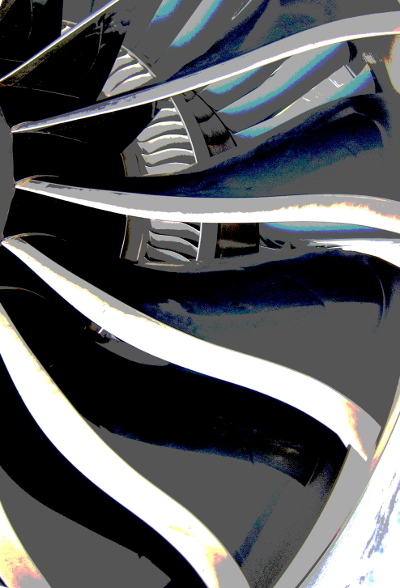New fuel site looms
 Backers are lining up for a $400 million sustainable aviation fuel factory in Queensland.
Backers are lining up for a $400 million sustainable aviation fuel factory in Queensland.
Qantas, Airbus, and the Queensland Government have pledged to contribute $6 million towards a feasibility study to examine the creation of a $400 million sustainable aviation fuel (SAF) factory in North Queensland.
The plant, which could produce up to 100 million litres of SAF annually, will use ethanol from sugarcane and wheat starch to create the fuel.
The companies have already committed up to $300 million to help speed up the establishment of the SAF industry in Australia.
Jet Zero, an Australian company, plans to use LanzaJet's “alcohol to jet” technology to construct the facility, which could commence in 2024.
Qantas Chief Sustainability Officer Andrew Parker says the pilot project is a significant step forward for Australia's aviation industry.
“SAF is a drop-in solution that we can use with current technologies, and it’s critical to the decarbonization of the aviation industry,” he said.
Qantas, which currently sources SAF from overseas, will start using this new fuel to power commercial flights out of London, and San Francisco and Los Angeles in 2025.
Jet Zero Australia CEO Ed Mason said that SAF was currently two to four times more expensive than standard aviation fuel, but the cost would decrease over time as it was scaled up.
The corporate sector will help offset the cost of SAF to bring down their own carbon emissions.
Mason added; “We believe we can get it to two to three times the cost of jet fuel, and most of the buyers of sustainable aviation fuel – including Qantas, Microsoft, Netflix, or JP Morgan – are paying those sorts of numbers”.
The International Air Transport Association (IATA) estimates that SAF could account for up to 65 per cent of the reduction in emissions needed by the aviation industry to reach net zero by 2050. However, IATA also acknowledges that it would require a “massive increase” in production to meet the demand.







 Print
Print